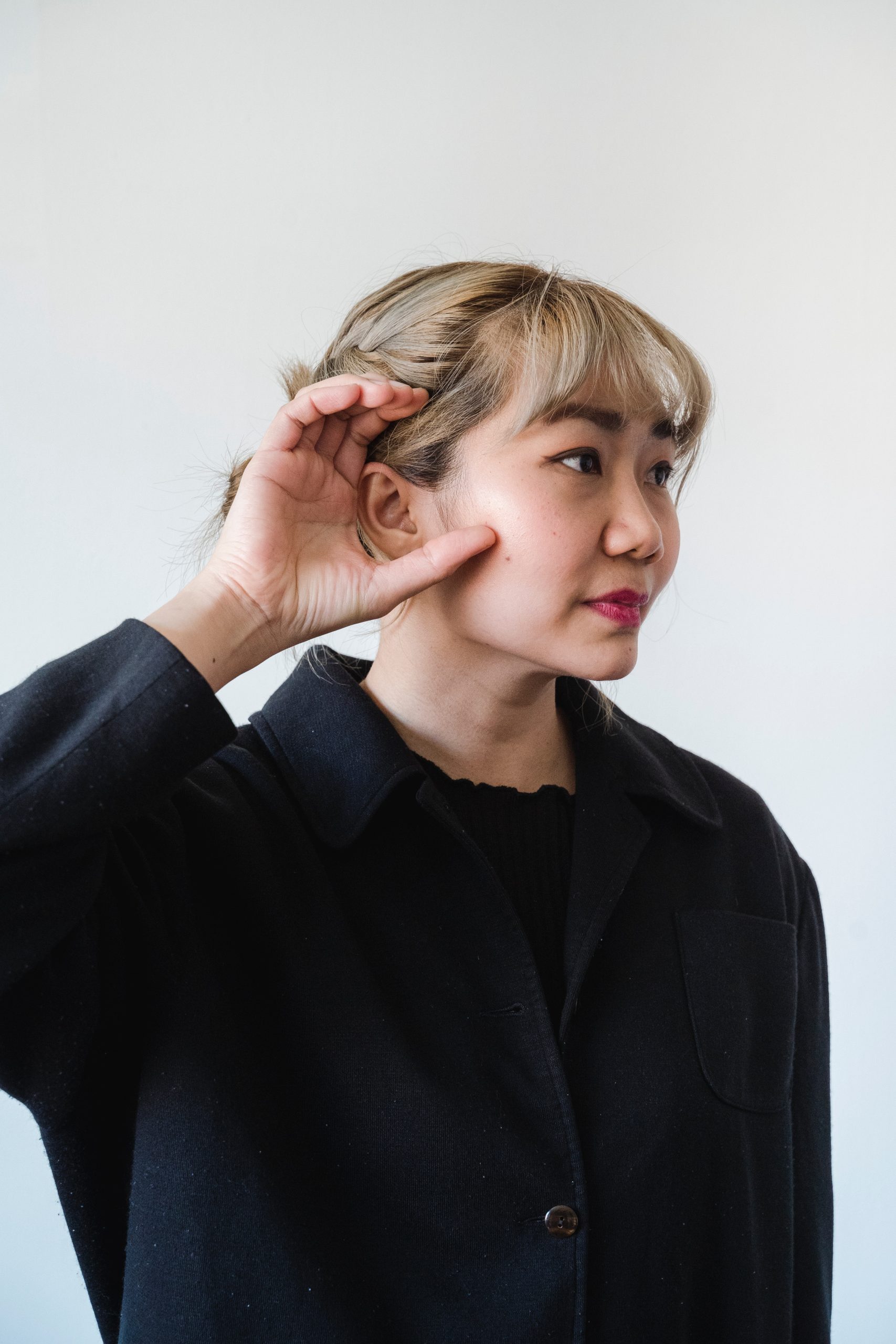
Hearing loss is a common problem among aging parents, and hearing aids can be a valuable tool in improving their quality of life. As members of the sandwich generation, it can be overwhelming to navigate the process of helping your aging parent choose the right hearing aids. This guide provides an overview of important factors to consider when selecting hearing aids for aging parents and how to navigate the process.
Type of Hearing Loss: Different types of hearing loss require different types of hearing aids. Some hearing aids may be better suited for specific types of hearing loss than others. Therefore, it is important to have your aging parent's hearing tested to determine the type and severity of their hearing loss before selecting a hearing aid.
Style and Comfort: Hearing aids come in different styles, from behind-the-ear to in-the-ear. The style chosen will depend on your parent's personal preference and level of comfort. Some styles may be more visible than others, which may be a consideration for your parent.
Features and Technology: Hearing aids come with various features and technologies that can enhance their functionality, such as noise reduction, directional microphones, and Bluetooth connectivity. It is important to choose a hearing aid that has features that are important to your aging parent's lifestyle and needs.
Compatibility with Other Devices: Some hearing aids are compatible with other devices, such as smartphones, televisions, or other audio devices. It is important to consider if your parent would benefit from this functionality.
Cost and Insurance Coverage: Hearing aids can be costly, and it is important to consider the cost and any insurance coverage that may be available. Some insurance plans may cover a portion of the cost of hearing aids, so it is important to check with your parent's insurance provider.
Research Providers: Look for hearing aid providers that have a good reputation and provide a variety of hearing aid options. Read reviews from other clients or families and ask for recommendations from healthcare professionals.
Schedule a Hearing Test: Schedule a hearing test for your aging parent with a licensed audiologist or hearing aid specialist. This will determine the type and severity of their hearing loss and guide the selection of the appropriate hearing aid.
Involve Your Parent: Include your aging parent in the decision-making process, and ask them about their preferences and concerns. Allow them to try on different styles and features to see what they prefer.
Trial Period: Many hearing aid providers offer a trial period to allow the wearer to test the hearing aids in different environments and situations. This can be a valuable opportunity to ensure that the hearing aids meet your parent's needs and are comfortable to wear.
Follow-Up Care: Ensure that the hearing aid provider offers follow-up care, including adjustments, cleanings, and repairs, as needed. This will ensure that your parent's hearing aids continue to function properly and provide the best possible hearing assistance.
To wrap up, helping aging parents select hearing aids can be a daunting task for the sandwich generation. By considering the factors outlined above, researching providers, scheduling a hearing test, involving your parent, allowing for a trial period, and ensuring follow-up care, you can help your aging parent select the best hearing aids to improve their quality of life.